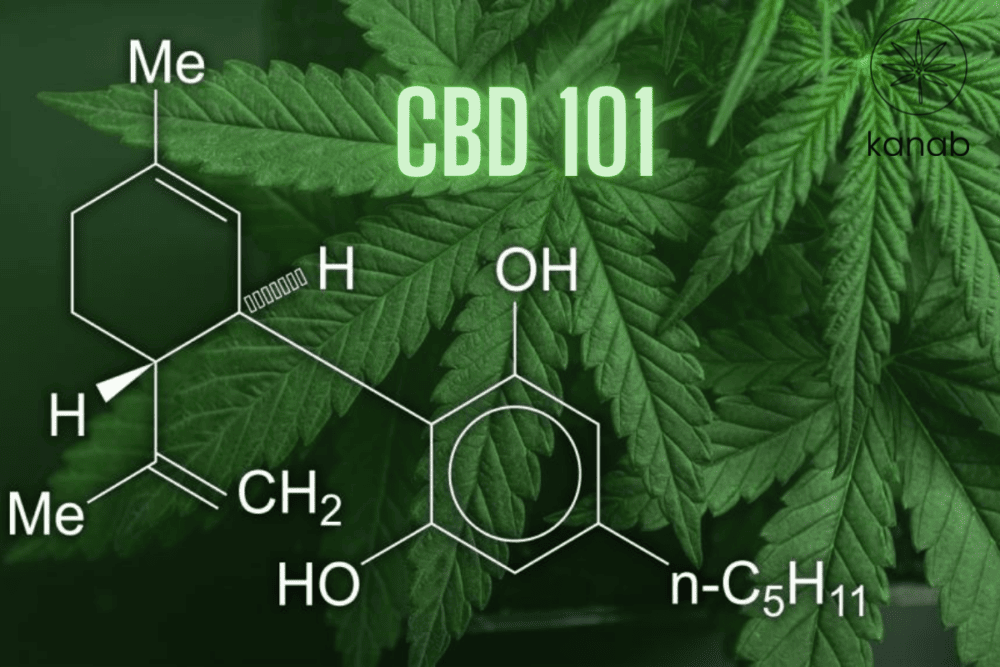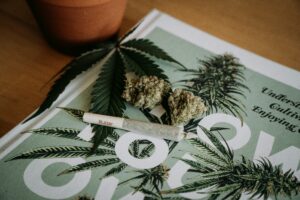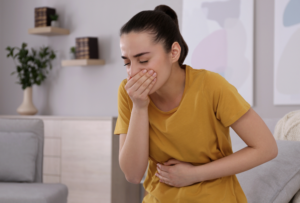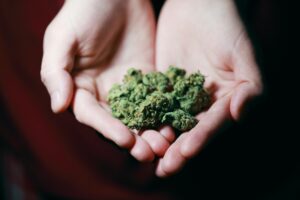Did someone say CBD?
Let’s have a quick conversation about CBD and what you need to know for sure.
What is CBD?
CBD (Cannabidiol) is a phytocannabinoid first identified in 1940. Phytocannabinoids are naturally occurring compounds which are found in the cannabis plant.
CBD differs from the popularly known cannabinoid THC (Tetrahydrocannabinol), in that the latter has intoxicating properties whereas CBD does not. Although CBD does interact with the central nervous system, it is thought to provide some benefit with anxiety and sleep. It will not however cause impairment of the central nervous system as would be the case with THC.
According to a report from the World Health Organization, “In humans, CBD exhibits no effects indicative of any abuse or dependence potential…. To date, there is no evidence of health-related problems associated with the use of pure CBD.”
What’s the best way to take CBD?
The preferred method of consumption of CBD would largely depend on the individual’s goals and preferences. CBD comes in many forms, including oils, extracts, capsules, patches, vapes, and topical preparations for use on skin.
Some people prefer to avoid ingestion and therefore prefer a topical CBD cream or ointment. There is research to support that topical CBD can reduce inflammation and relieve muscle and joint pains. As such, some individuals may benefit from topical CBD-infused oils, lotions, creams or even bath bombs.
Alternatively, a CBD edible, vape pen, patch, tincture or spray might be more appealing. The biggest differences between tinctures, edibles, and vape pens are speed of delivery and how long the effects last. Vape relief provides a faster onset of action but also a shorter duration of effect—usually dissipating in about two hours. Tinctures and edibles take longer to work but can last four or five hours.
What dosage should you take and will it cure you?
CBD content, also known as potency, is expressed as a percentage of milligrams per gram. For instance, 12% CBD means that it contains 120 milligrams of CBD per gram (mg/g). Each individual is unique and accordingly the amount of CBD required to reach the desired effect will vary from person to person. Furthermore, an individual’s experience of a particular CBD product may vary as well, as such it may take some trial and error with dosing and the specific product to reach the desired effect.
Cannabis has been used medicinally for thousands of years. There is historical evidence of its use for a wide range of medical conditions dating back to 2900 B.C., when it was being used for ailments such as malaria, gout and rheumatic disease. There is also a far-dating tradition of using CBD as an anti-inflammatory and analgesic. Current research suggests that CBD may provide benefits for certain types of pain, including nerve pain and musculoskeletal back pain. While CBD in isolation has shown benefit, it is thought to be potentiated by the addition of small amounts of THC.
CBD has become a popular topic of interest in the current wellness climate, however, if you suffer from any underlying medical conditions it would be prudent to discuss your CBD consumption with your medical physician.
Are there side effects?
Although it is generally well-tolerated, each individual may react uniquely to different routes of consumption and different doses. As such, tentative adverse reactions may include fatigue, lightheadedness, changes in appetite and dry mouth, among others.
In conclusion, CBD is an integral component of the cannabis plant that is gaining increasing popularity for its potential benefits in health and wellness. It is well tolerated and available in a number of different formats. It is important that tentative consumers research the topic, investigate, ask questions and be open to some degree of trial and error. Kanab is excited to support you in your journey!
© Kanab Inc. – Kanab Inc. is a Toronto based cannabis retail company that honors the historical significance and uses of the cannabis plant across cultures and civilizations. Kanab has now opened its first cannabis dispensary at the intersection of Don Mills Road and York Mills Road in North York region of Toronto, Ontario (South of 401, West of 404 / Don Valley Parkway, and East of Leslie). For more info, please visit: kanab.ca






